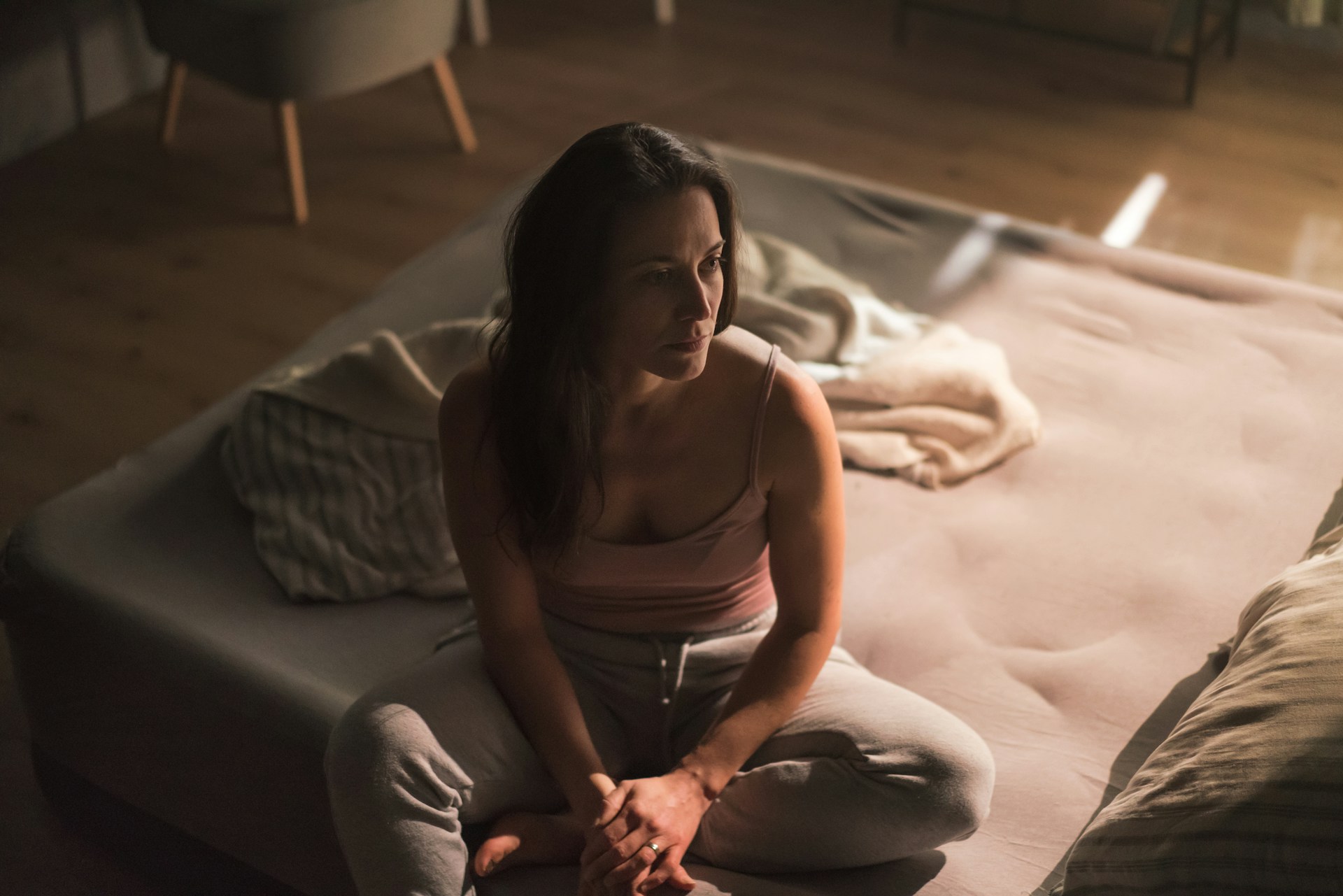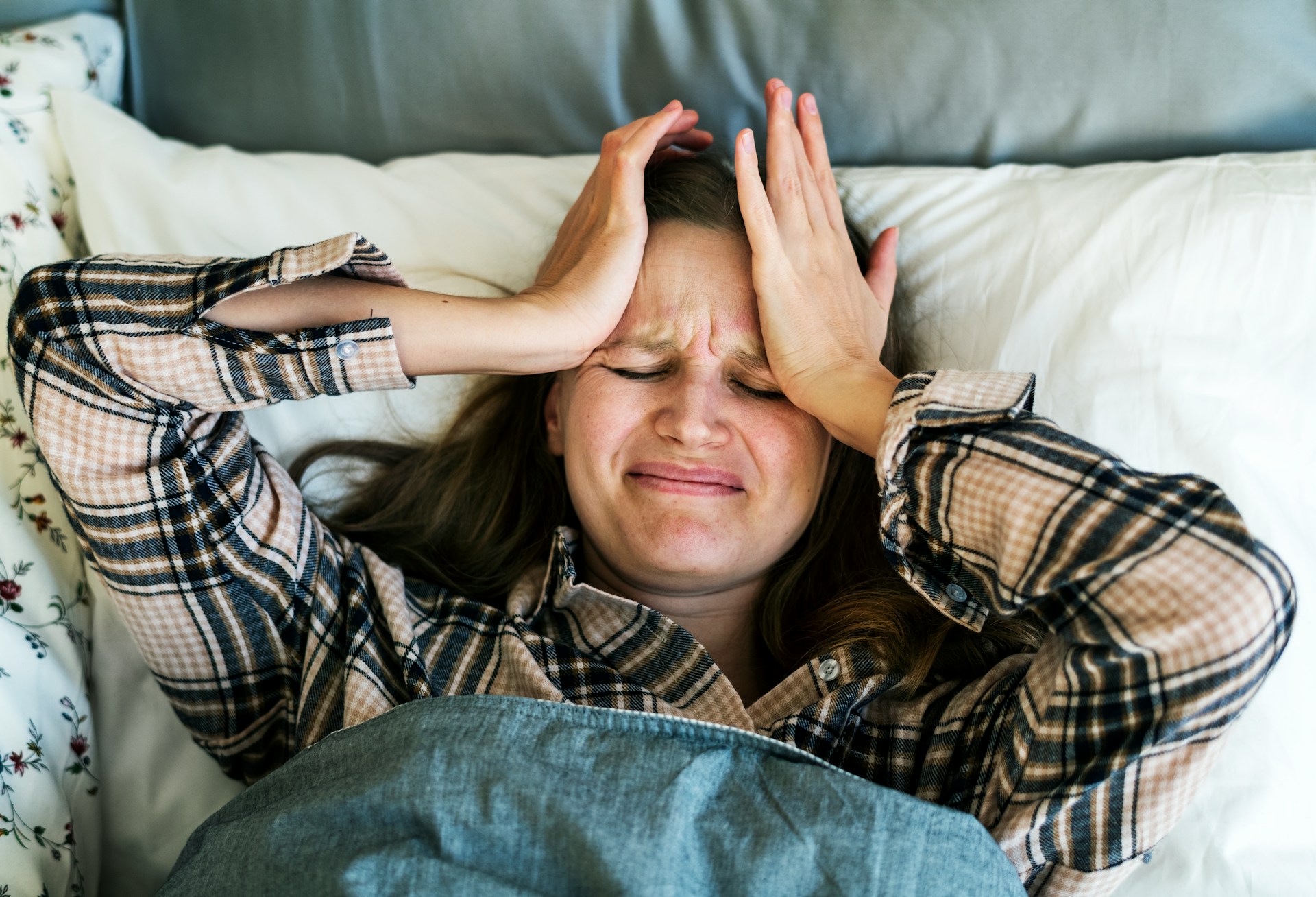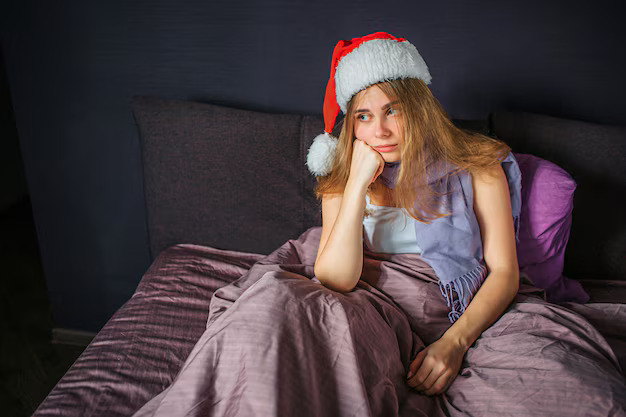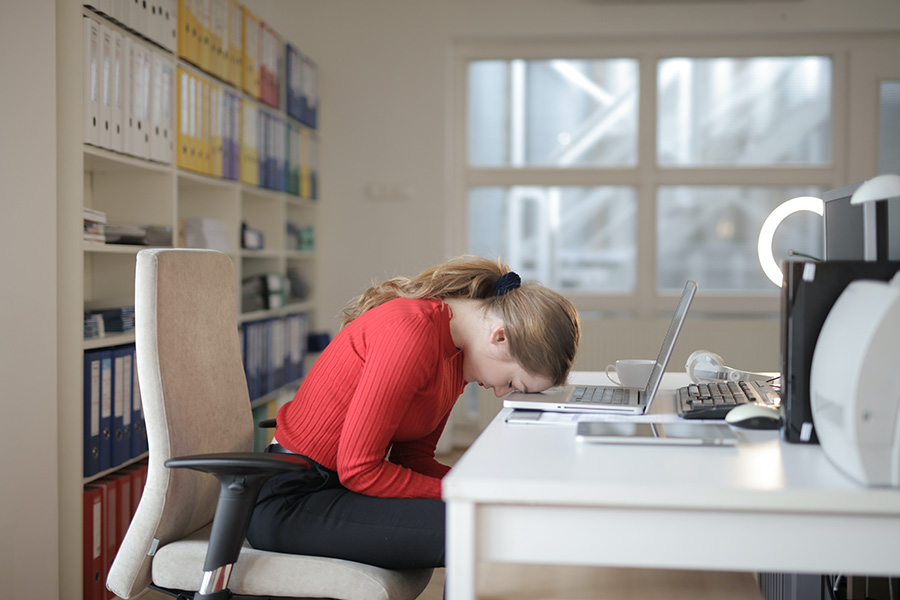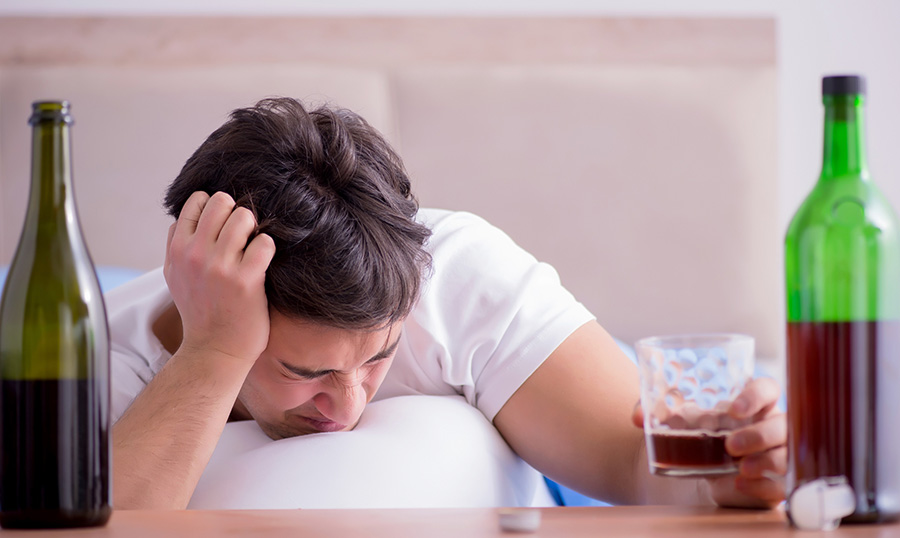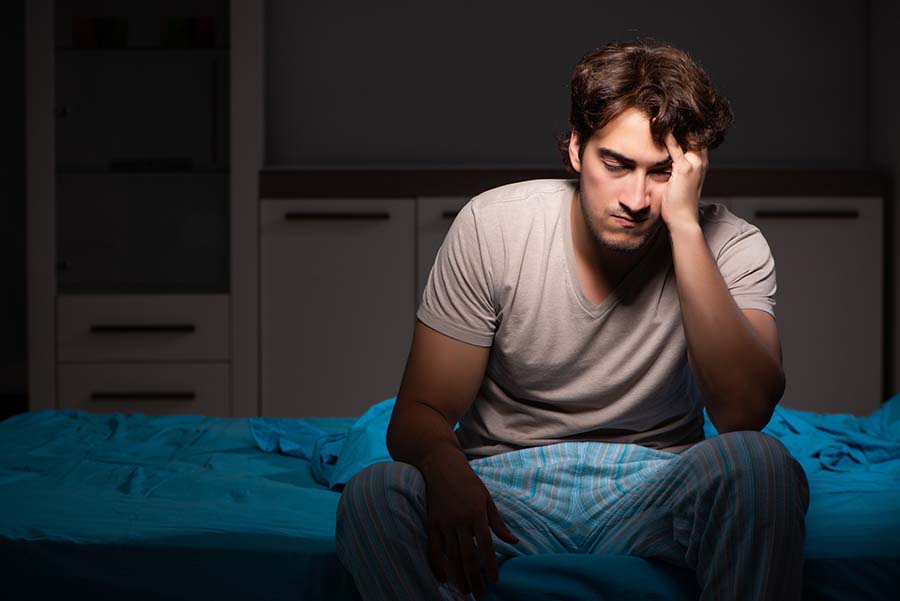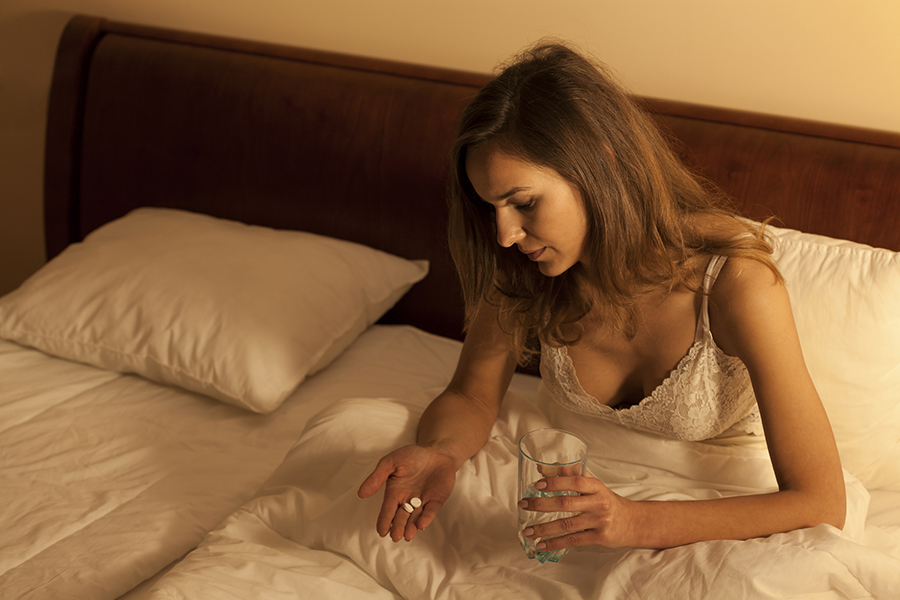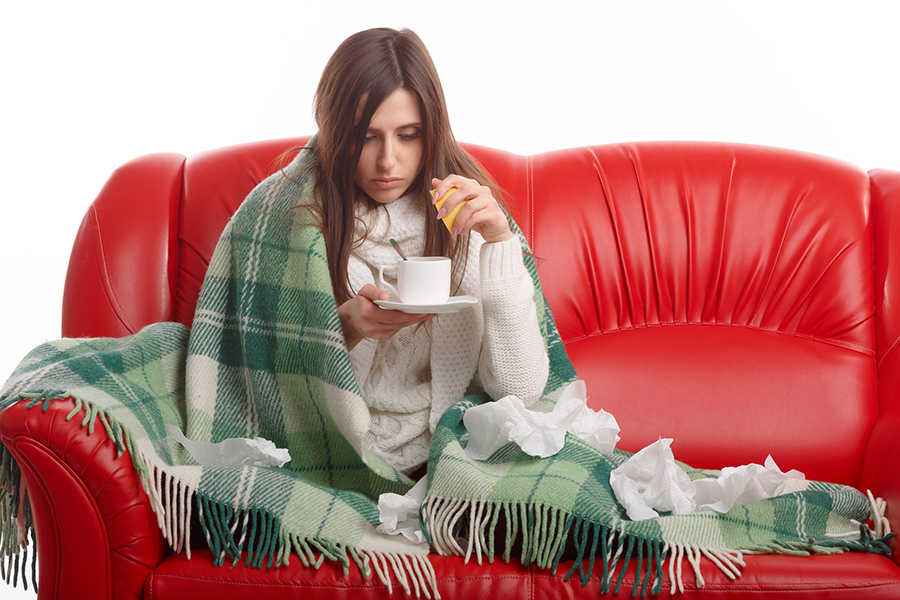What to Expect From Extreme Insomnia Treatment Options
Why Holiday Stress Can Worsen Insomnia in Kansas City
Sleep Deprivation and Work Performance
It is an unfortunate fact of life that spending the majority of our adulthood at a job is a reality. In addition to an American workday that averages 9.5 hours, a Sleep in America poll we looked at found that each week, Americans are spending more than four extra hours working from home – a statistic undoubtedly fueled by the post-pandemic climate.
The Ways Alcohol Affects Sleep and the REM Stage
You should know by now that a good night’s sleep is necessary for our well-being and overall health, but were you aware that consumption of alcohol and drugs can actually impact sleep in negative fashions? Indeed, they can, and in this post we’re going to look at the different ways substances can influence your sleep patterns, right up to and including the arrival at the REM (rapid eye movement)
The Effects of Food on Sleep
When we think about foods or beverages that may keep us up at night, we immediately conjure up visions of coffee, cola, chocolate and all other manner of sugary delights. But what about foods that can actually help us sleep better?
The Good, The Bad and The Restless: Understanding the Negative Effects of Stress on Sleep
Sleep, like anything else, can be good or bad in quality, and often times it’s everything in-between – including restless. One of the major causes of this broken, restless sleep is stress…Read more
Supplements and Their Role in Better Sleep
Most of these will be over-the-counter remedies (i.e. “sleeping pills”) from either name brand companies or generic variants, yet the results should remain the same: assistance in lulling yourself to sleep when your mind and/or body just won’t let you.
How Counseling Can Help with Sleep Habits
As many as a third of American male adults – according to research culled by the Centers for Disease Control and Prevention – aren’t getting enough sleep on a regular basis…and that’s an alarming statistic when you break it down. There are a myriad of possible factors at play here with regard to why someone could be struggling to sleep peacefully, the more common reasons having to do with mental health issues or poor “sleep hygiene.”
How Winter Effects Sleep
Feeling sluggish in the middle of winter? You’re not alone. The subject of more slumber on colder, shorter days isn’t exactly a new one, but let’s face it: Most of us don’t want to get out of bed when the alarm rings in the morning and it’s still pitch dark and cold outside. Factors such as temperature and the amount of light we receive during the day in the winter season may plan an important role, and we’re going to look at that in this post, along with factors such as seasonal affective disorders SAD and winter hypersomnia.

